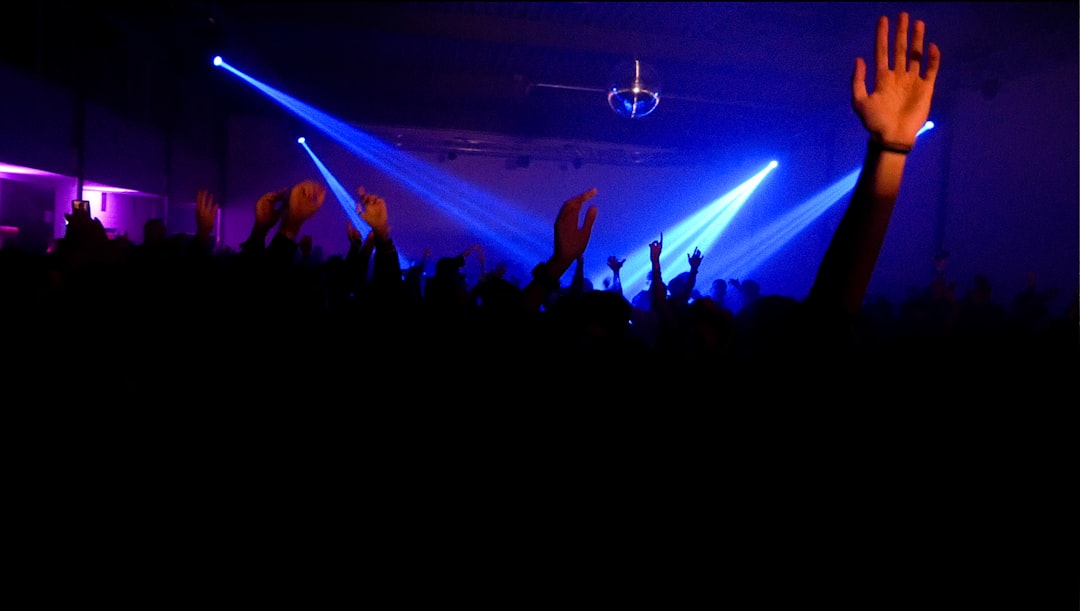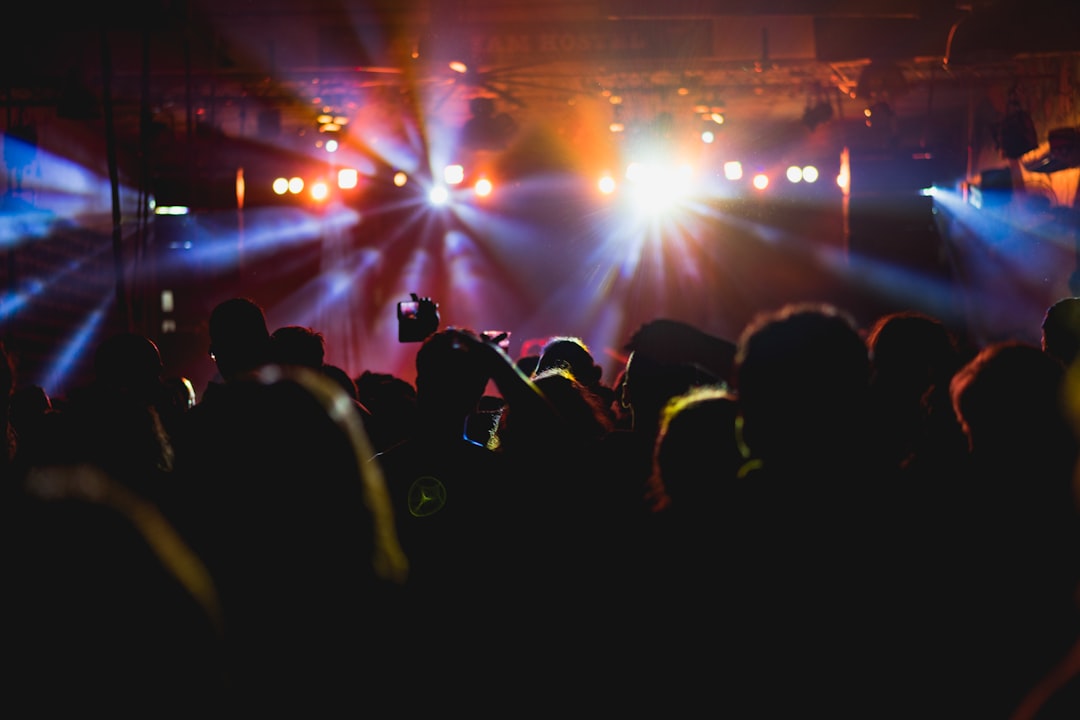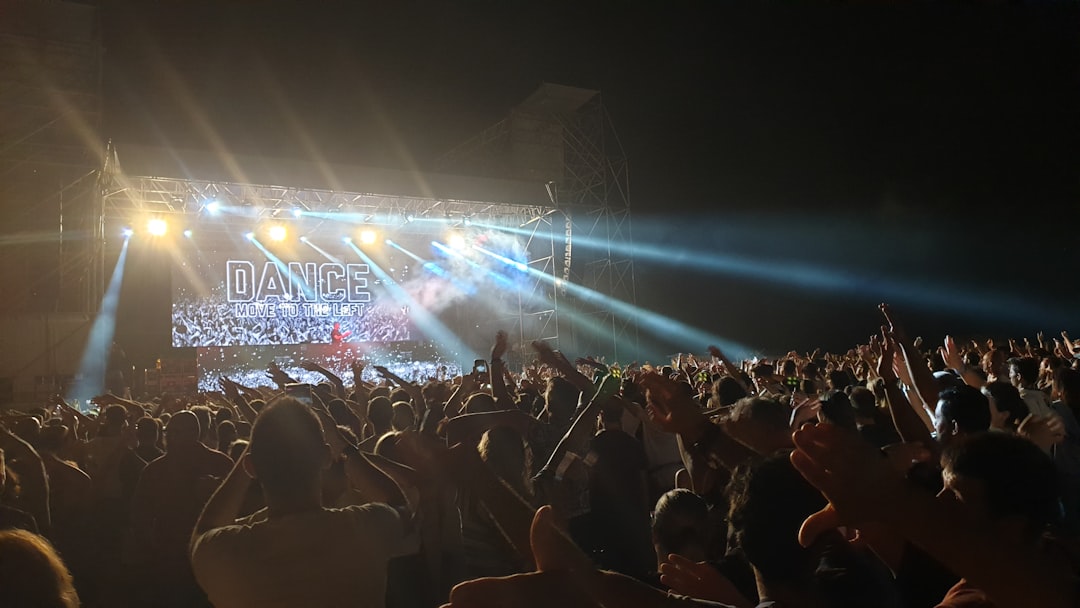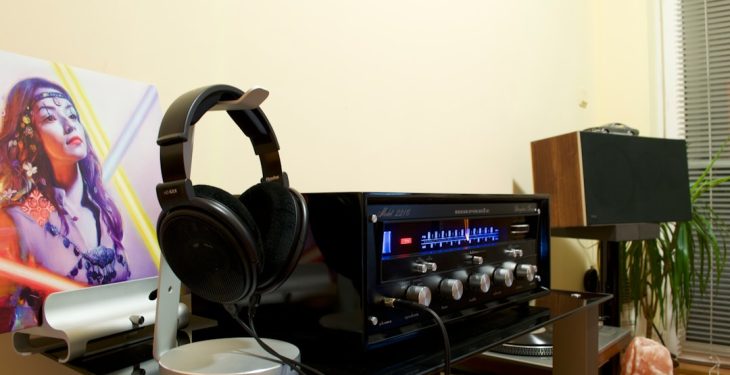When you’re getting ready to perform as a DJ, your speakers are just as important as your skills behind the decks. One of the most commonly asked questions is: how many watts do you really need for DJ speakers? It seems straightforward, but the answer depends on a variety of factors such as venue size, audience size, speaker quality, and the type of event you’re hosting. In this article, we’ll break it all down and give you a clearer understanding of how wattage affects your sound — and ultimately, your performance.
Understanding Watts and Sound Output
First, let’s clear up a common misconception: wattage is not volume. Wattage measures power — the amount of energy your speakers can handle or produce. More watts do have the potential to produce higher volume, but several other variables will determine the actual sound output, like speaker efficiency (or sensitivity), design, and acoustics of the environment.
Speaker sensitivity is often rated in decibels (dB), typically measured at 1 watt per meter. The average speaker has a sensitivity of around 89–92 dB. A speaker rated at 90 dB will be noticeably louder than one rated at 85 dB, even if both are powered with the same wattage.

Key Factors That Determine Required Wattage
Rather than focusing solely on getting the highest wattage speaker available, consider these important factors:
- Venue Size: Are you playing in a small bar, an outdoor wedding, or a massive festival tent?
- Crowd Size: More people absorb more sound. A crowd of 30 is very different from 300.
- Event Type: A corporate event where people are chatting requires less output than a dancefloor meant for partying all night.
- Speaker Efficiency: As mentioned, not all speakers convert power into sound equally.
Wattage Recommendations by Venue Size
Now that you’re aware of what affects the wattage requirement, let’s break it down into practical terms. Here’s a general guideline based on typical scenarios for DJs.
1. Home or Small Studio (Up to 50 people)
- Recommended wattage: 100–300 watts total
- Controlled acoustics and smaller spaces mean you don’t need to max out your output.
- Powered monitors or portable PA speakers often do the trick here.
2. Small Indoor Venue (Bars, Cafes – Up to 100 people)
- Recommended wattage: 300–800 watts total
- Low ceilings and walls help reinforce the sound, requiring less power.
- Look for speakers that offer clarity over volume; distortion can ruin a vibe.
3. Medium to Large Indoor Hall (200–300 people)
- Recommended wattage: 800–2,000 watts total
- Spread out the sound coverage — you may need multiple speakers or strategically placed monitors.
- Subwoofers become critical here for full-range impact.

4. Outdoor Events (Weddings, Festivals – 300+ people)
- Recommended wattage: 2,000–5,000+ watts total
- Outdoor events dissipate sound quickly, so more power is essential.
- Elevation and placement of speakers become important aspects of your system.
Active vs Passive Speakers and Wattage Matching
Active speakers, also known as powered speakers, have built-in amplifiers. This means the wattage listed on the specification sheet is optimized for the speaker. You just plug in and play — great for DJs who want a simpler setup.
Passive speakers require an external amplifier. This adds flexibility but also responsibility — you must match amplifier power and speaker power correctly. Underpowered setups can damage speakers as much as overpowering them.
When dealing with passive systems, always refer to RMS (root mean square) wattage, not peak wattage. RMS provides a better indication of continuous power handling, whereas peak wattage is about maximum moments of sound, not sustained performance.
How Much Bass Do You Need?
Wattage isn’t just about volume — it’s also about low-end performance. Subwoofers often require a significant amount of power — sometimes as much as or more than your top speakers.
If you’re playing dance-heavy genres like EDM, hip-hop, or tech-house, plan on dedicating at least 30–50% of your total wattage to bass. For example, if your system puts out 2,000 watts, 1,000 should go to your subs for that chest-thumping impact.
Efficiency and Brand Matters
All watts are not created equal. A 500-watt speaker from a premium brand like QSC or Yamaha may sound far better and louder than a 1,000-watt speaker from a no-name manufacturer. That’s because build quality, driver technology, and internal components all contribute to efficiency.
Also, consider the following when comparing products:
- SPL (Sound Pressure Level): A higher SPL means a louder speaker at a given wattage.
- Frequency Response: How low and high can the speaker accurately reproduce sound?
- THD (Total Harmonic Distortion): Lower THD translates to cleaner sound at high volumes.
How Loud is “Loud Enough”?
This ultimately depends on your personal preference and the nature of your gig. However, here are some average decibel benchmarks to keep in mind:
- 80–90 dB: Background music in restaurants or lounges.
- 95–105 dB: Dancefloors and lively parties
- 110+ dB: Concert-level sound, suitable for large crowds
Keep in mind that every +10 dB increase sounds roughly twice as loud to the human ear. Doubling your wattage doesn’t double your loudness — it only gives you about a 3 dB boost. That’s why speaker choice and placement are just as important as raw power.
Tips for Maximizing Your Sound
Here are a few ways you can make the most out of your setup without always chasing higher wattage:
- Use speaker stands to elevate your speakers above head height, improving sound distribution.
- Point speakers toward the dancefloor and avoid unnecessary reflections off walls.
- Use limiters and compressors to manage peaks and protect your system from clipping.
- Opt for a proper mixer or audio interface to ensure quality signal going to your amp or powered speakers.
Final Thoughts
Choosing the right wattage for your DJ speakers is about more than just numbers. Yes, wattage gives you a baseline idea of what kind of power you’re working with, but it’s how you apply that power — through thoughtful venue analysis, speaker placement, and gear selection — that really makes your set unforgettable.
Whether you’re rocking a wedding for 75 guests or headlining a festival stage, understanding your wattage needs ensures you’re prepared to deliver a clean, powerful performance. Remember: it’s not the loudest system that wins—it’s the one that sounds the best.

Need more help picking the right DJ gear for your setup? Stay tuned for our upcoming guide on building the ultimate mobile DJ rig!
